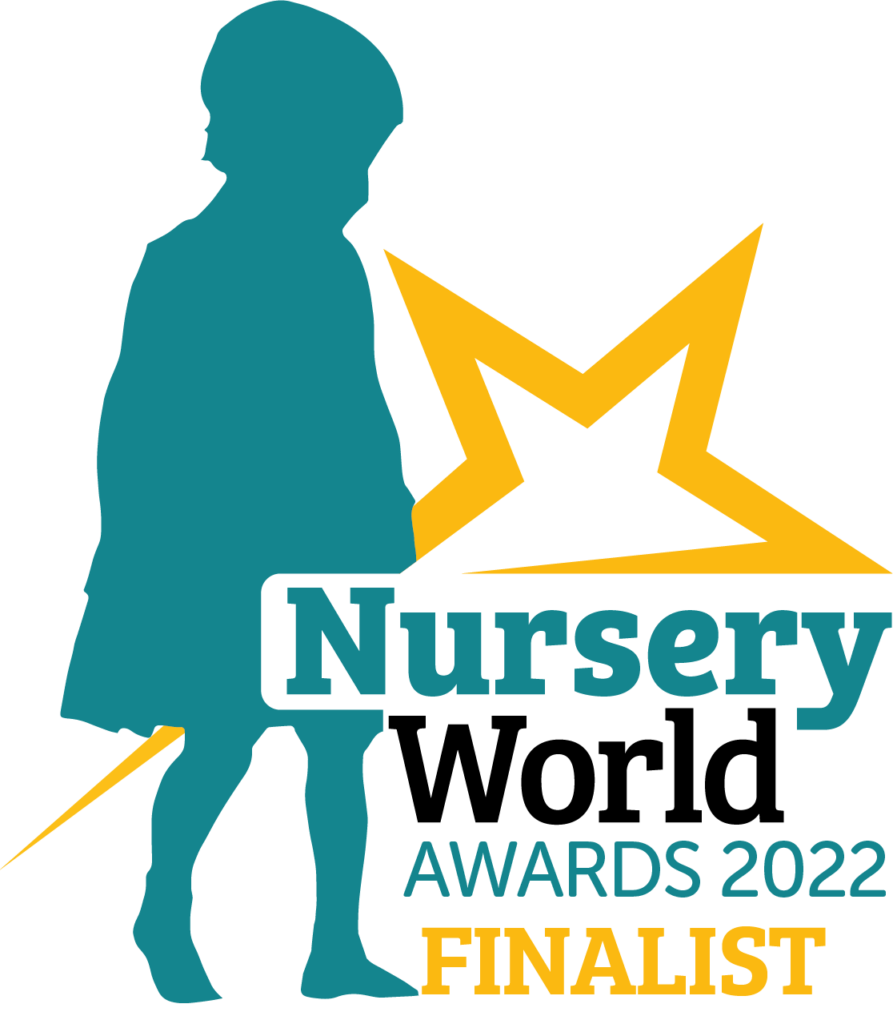The nature and nurture debate is ongoing and there are many different schools of thought on this subject. For me, I believe it is a combination of both that informs the behaviour of our children. Children will respond to their environmental influences and this, in turn, impacts on their behaviour. Therefore, it is crucial that we consider the importance of creating a positive environment and facilitate constructive experiences that will promote good behaviour. The importance of appreciating how children feel and to help them to be able to manage those feelings appropriately is complex and there is not a ‘one shoe fits all’ answer as each child is so unique and will have already been exposed to a range of environmental influences, cultural and family differences and parenting models.
I have recently reread Harper Lee’s ‘To Kill a Mockingbird’ and the advice from Atticus Finch really resonates with me. To understand how someone feels it is essential to ‘walk in their shoes’ and I believe that this philosophy is equally as relevant when working with children in the early years. In order for us to understand the frustrations of a young child we need to remember how egocentric they are and how difficult it is for them to see the world from anyone else’s perspective. This, coupled with the fact that they have relatively little control over events in their lives, it is crucial that we reflect on how we deal with their challenges and strive to find a balance of power that gives direction, consistency, and boundaries but also listens to the voice of the child and gives them autonomy.
Because of the recent Challenging Behaviour training at Abacus Ark, this is a topic of conversation that is being explored among the staff and Evi, the deputy manager of our Wandsworth nursery, told me that in her experience reflecting on her practice has been key to creating an environment where the children are listened to, feel valued and helped to manage their feelings. She said that young children have a tantrum or meltdown for seemingly tiny reasons, such as being given the wrong cup colour, but this doesn’t mean, as silly or insignificant as it seems to us, that their emotions at the time are any less real than ours over what we may perceive to be more serious issues. To the child, having the right coloured cup may be a big deal and they will be genuinely upset and their feelings need to be acknowledged appropriately. This does not necessarily mean that they can always have their own way, but understanding and respecting how they feel in that moment will help them deal with their feelings.
Miss Evi said that she will sit down with her pre-schoolers, giving them some time to think and she avoids using phrases like ‘it’s fine, it’s fine’ because it is obviously not fine for the child. She stressed that she would be upset if her feelings were disregarded by someone telling her ‘its fine!’ and not listening to how she felt. Miss Evi encourages children to use their words and explain what has happened and she has found that the more they talk about the feelings, the easier it becomes for her to explain why they were removed from the activity, a toy was put away or they were given the wrong coloured cup. When she treats those feelings with respect, the children calm down much more quickly.
Even the most experienced practitioners will sometimes misjudge a situation or not immediately understand the needs of a particular child and this is why it is so important to promote reflective practice. When we examine our actions and the children’s responses to a specific situation, we can often come up with ways of dealing with the behaviour differently in the future. All the staff at our nurseries have regular supervision where they can work on improving and developing and there are also regular staff meetings where individual scenarios or behaviour issues can be discussed, training identified and solutions found.
Working in partnership with parents is of paramount importance as we recognise that the parents are the children’s first educators and through joining forces, sharing ideas, reflecting on outcomes and implementing consistent strategies at the nursery and home, we can build a safe, calm and reflective environment for our children to grow and develop.



